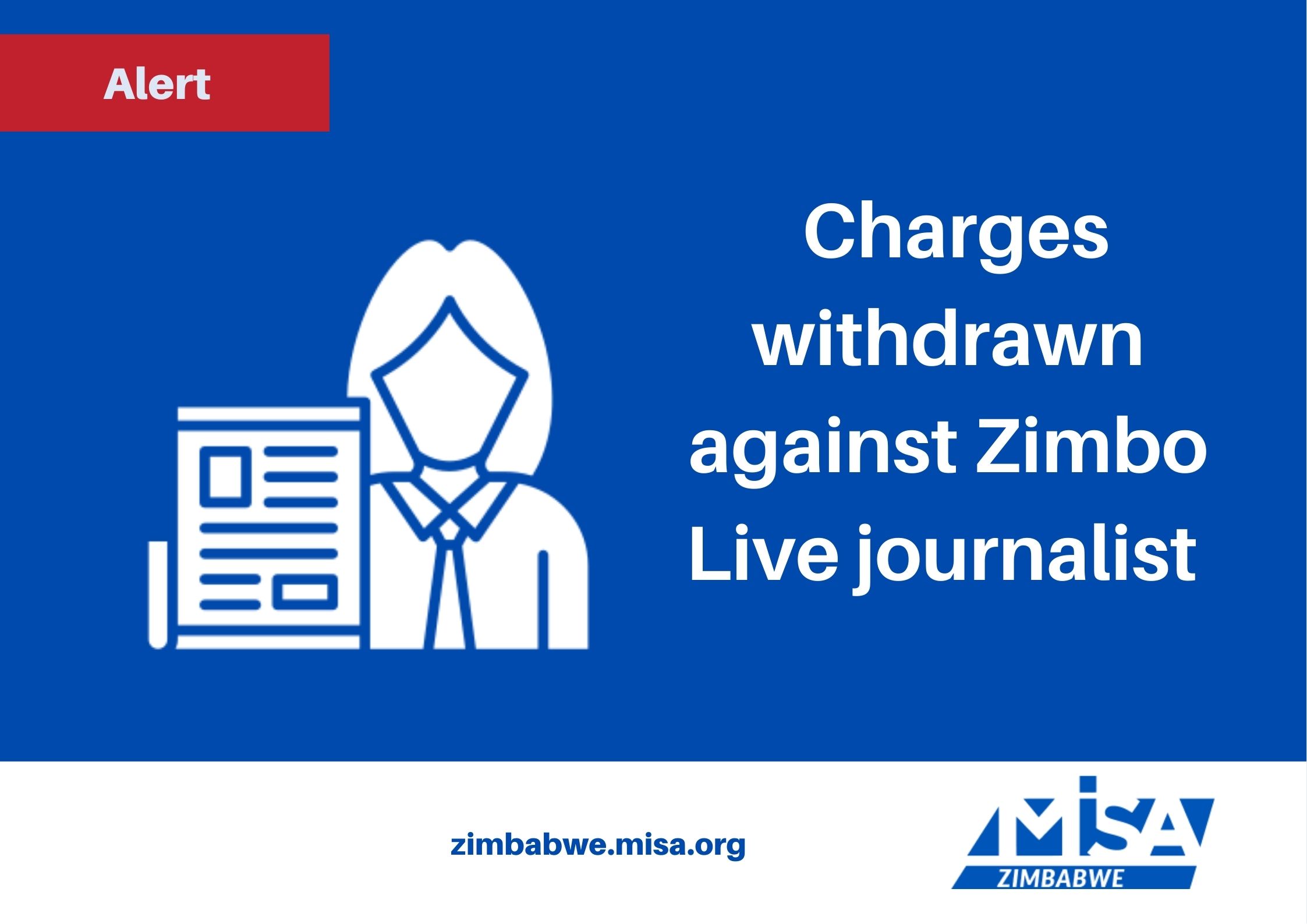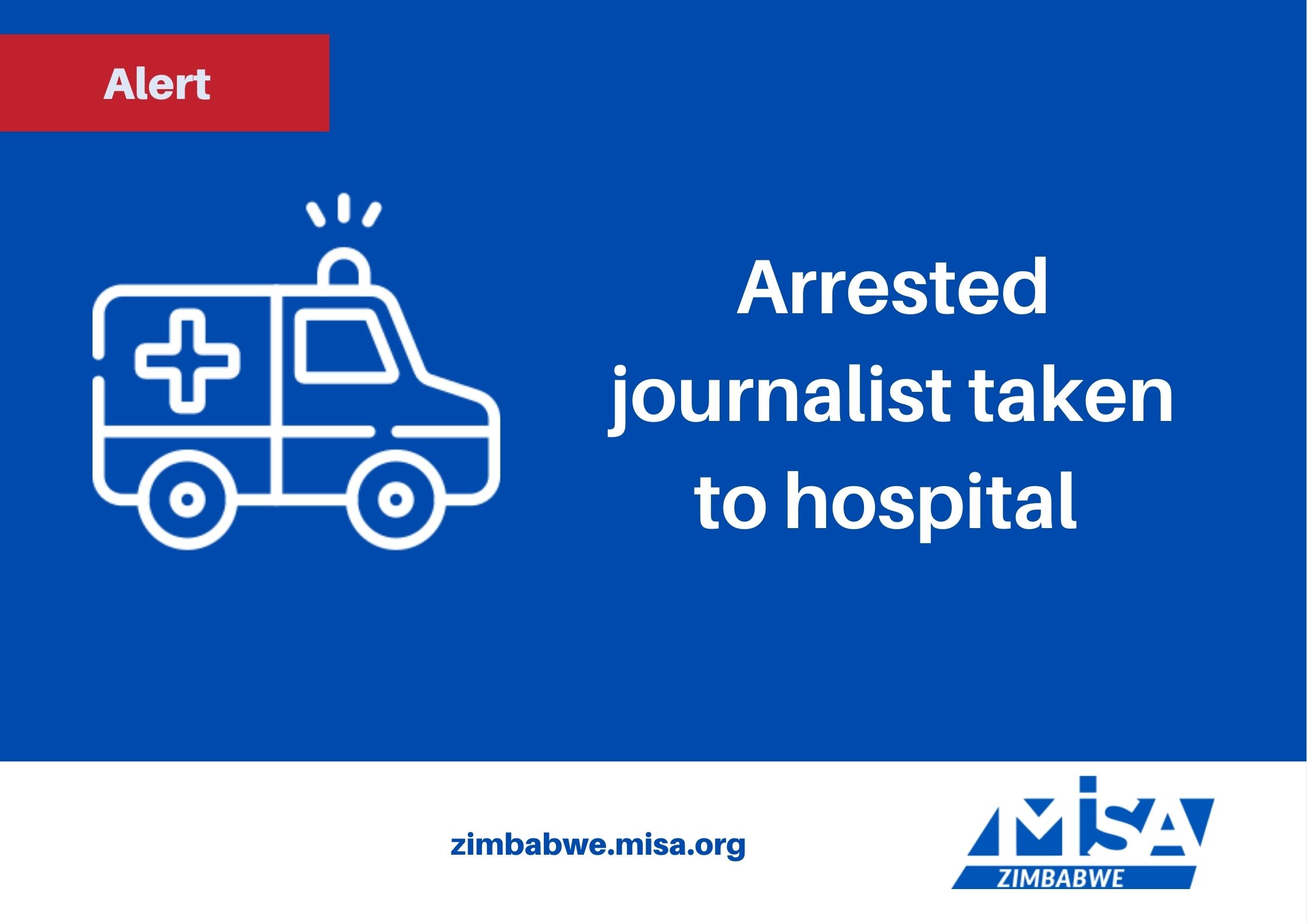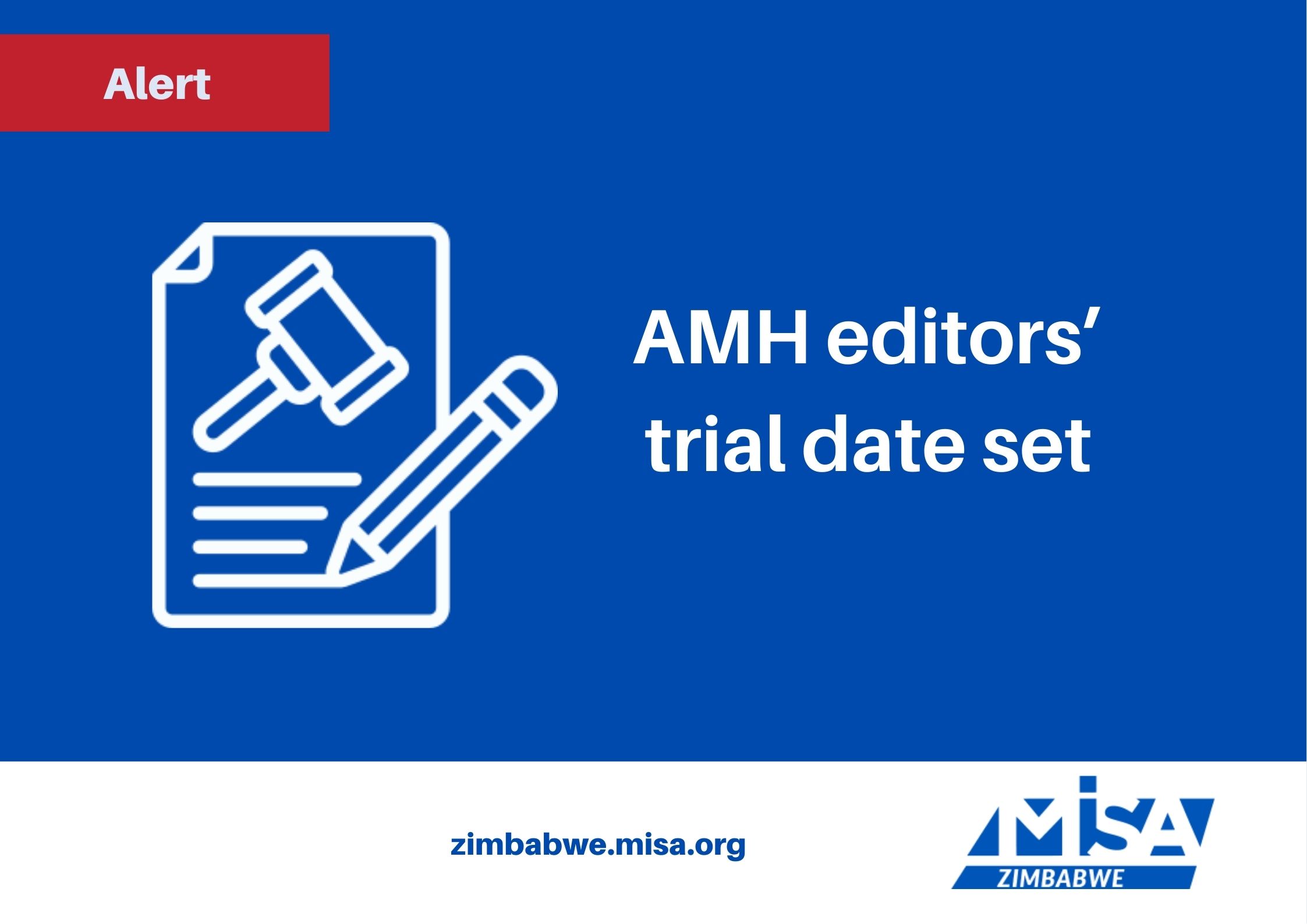A group of Civil society organisations has written to the Zimbabwean Speaker of Parliament expressing their collective concern regarding the Private Voluntary Organisations Amendment Bill. Below is the full letter;
Dear Speaker, Honourable Advocate Jacob Mudenda,
We, the undersigned civil society organisations who work to promote and defend freedom of expression and information, freedom of association and the right to privacy as fundamental rights worldwide, are writing to express our concern with Zimbabwe’s gazetted Private Voluntary Organisations (PVO) Amendment Bill.
We note that the government ostensibly proposed the amendment to comply with the Financial Action Task Force (FATF) recommendations to align the country’s laws with Recommendation 8. While the task force’s objective is to ensure that NGOs/PVOs are not misused by terrorist organisations – an analysis of the Bill shows that, rather than aligning with FATF recommendations, the government could be using this legislation as a pretext to clamp down on civil society in Zimbabwe and to infringe upon the rights to association, privacy and expression enshrined in the Constitution.
Among other things, the proposed law would have the effect of criminalising the work of civil society organisations (CSOs) in Zimbabwe by proposing harsh penalties, including jail time of up to one year for NGO Registration framework related perceived offences, a new requirement that the bill seeks to introduce.
The Bill also gives the government and the minister responsible for CSOs and Trusts excessive power, which will enable him/her to interfere with the operations of these bodies. It further gives the responsible minister power to make an application to the High Court to appoint one or more persons of his/her choice as trustees to run the affairs of an organization for a period not exceeding 60 days – an excessive interference in the administration of PVOs.
If the Bill is passed in its current form, trusts and common law university associations will also be required to register under the PVO Act, which will mean designated organisations will become unlawful entities unless they register under the new law. As the registrar of PVOs will be reporting to the Office of the President, the threat of deregistration could affect the ability of CSOs to speak out freely.
Through this excessive involvement of the Executive, it is feared that NGO and CSO funds may be expropriated by the government under the guise of complying with provisions of the FATF recommendations. There is a real risk that the expropriation of the funds can be done without due process of the law and without compensation.
Finally, the Bill further seeks to govern CSOs’ support for political parties, which flies in the face of the Constitutionally-protected right to freedom of association. The Bill prohibits PVOs from “political involvement”, which is an overly broad and vague term that has the potential of being misused to target and persecute CSO leaders, pro-democracy activists, human rights defenders and NGOs that may be involved in promoting and protecting civil and political rights guaranteed under the country’s Constitution and major international instruments that Zimbabwe has signed and ratified.
Zimbabwe is a signatory to the International Covenant on Civil and Political Rights (ICCPR), which among others, guarantees the right and freedom to seek, receive and impart information and ideas of all kinds under Article 19. The same Article protects political discourse, commentary on one’s own or public affairs, canvassing, discussion of human rights and journalism.
Further, The United Nations Declaration on Human Rights Defenders points out that States have a duty to protect, promote and implement all human rights and fundamental freedoms, including every person’s right, individually, and in association with others, “at national and international levels … to form, join and participate in non-governmental organisations, associations or groups” and to “solicit, receive and utilize resources for the express purpose of promoting and protecting human rights and fundamental freedoms through peaceful means.”
Freedom of expression is an enabling right from which other rights, such as freedom of association are derived from. It is for this reason that the contravention of Article 19 in the proposed PVO Amendment Bill is particularly worrying.
Honourable Speaker, while we accept that the right to freedom of expression is not absolute, the PVO Amendment Bill does not serve a legitimate purpose and neither is it necessary. On the contrary, we are gravely concerned about the Bill’s potential to unduly restrict freedom of expression and civic space.
Thus, we urge the Parliament of Zimbabwe to:
- Delay debate on the PVO Amendment Bill until it meets local, regional and international standards and best practices for the exercise of freedom of expression, free association and the right to privacy.
- Embark on a wide-ranging consultative process on the regulation of CSOs, Trusts and NGOs. This process should be consultative and reflective of the views of a wide spectrum of Zimbabwean society.
Signed,
- Africa Freedom of Expression Exchange (AFEX)
- Africa Freedom of Information Centre (AFIC)
- Americans for Democracy & Human Rights in Bahrain (ADHRB)
- Association of Caribbean Media Workers.
- Free Media Movement Sri Lanka (FMM)
- Freedom Forum.
- Freedom of Expression Institute (FXI).
- Global Voices.
- Independent Journalism Center Moldova.
- Initiative for Freedom of Expression- Turkey (IFox).
- Institute for Media and Society (IMESO).
- International Press Centre (IPC).
- Palestinian Center For Development & Media Freedoms (MADA).
- Media Rights Agenda (MRA).
- Media Watch Bangladesh.
- Media Institute for Southern Africa, Zimbabwe(MISA)
- PEN America.
- PEN International.
- Reporters Without Borders (RSF).
- South-East Europe Media Organisation (SEEMO).
- The Center for Media studies and Peacebuilding (CEMESP-Liberia).
- The Media Foundation for West Africa (MFWA).
- Vigilance for Democracy and the Civic State.
- World Association of Community Radio Broadcasters (AMARC).













